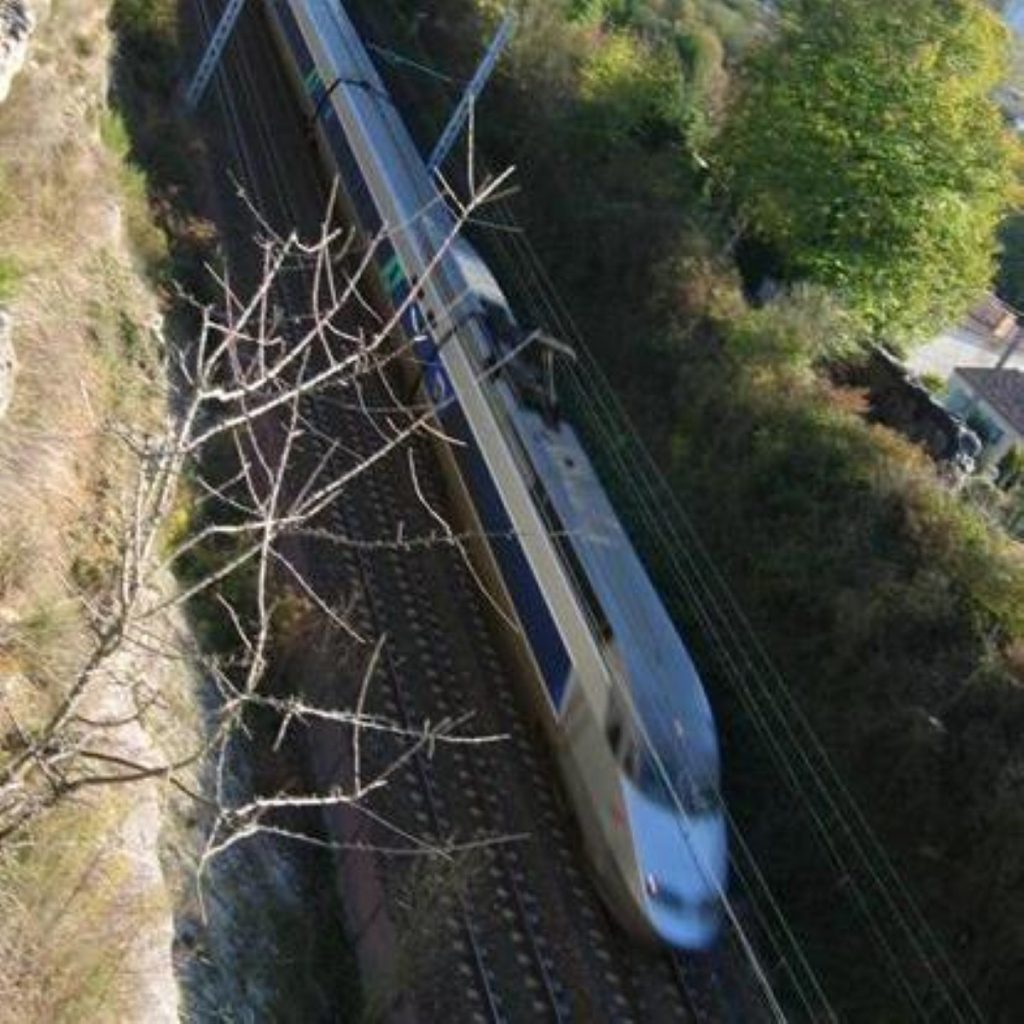‘Make the case for HS2 benefits’, say experts
By Nathan Coyne
If High Speed Rail 2 (HS2) is to achieve a groundswell of public support then the wider economic case for it needs to be made, a panel of transport experts concluded last night.
On the day the government published details of the legislation needed to kick start the project, experts said the public needed to hear more about how it would free up capacity on the road and rail network.
The high speed rail (preparation) bill, which will provide parliamentary approval to fund the initial and future phases of the project, and the HS2 hybrid bill, which authorises the building of the first phase of the line, were announced in the Queen's Speech yesterday.


Speaking at an event to mark the introduction of the legislation, shadow rail minister Lilian Greenwood said the bills were "very welcome" and confirmed Labour would continue to back the project, although they would have liked to see the hybrid bill cover the whole of the route.
But she warned that supporters of the project had to continue to make the case for it, including the wider economic and transport benefits, because they "can't just assume it will happen".
Paul Chapman, the former managing director of HS1, who has now been brought on by HS2 as director of PR strategy, said freight had an important role to play in making the wider case for the line.
While freight trains will not run on HS2, there will be more capacity for them to run on the existing rail network as a result of the project. This is seen as evidence of the "national benefit" of HS2 because it raises the benefits to ports such as Felixstowe and Southampton, which are struggling with rail capacity.
There were benefits to be enjoyed by the regional cities, not just London, because "connectivity allows things to flow both ways", he added.
Supply chain benefits are also being promoted by the project's supporters. It is "realistic" for HS2 to replicate what Crossrail has achieved with suppliers, spreading its economic reach "from Aberdeen to Falmouth", Chapman argued.
However, he expressed concern about cost, asking: "Why does it cost 30% more when we put the word 'rail' in front of it?"
The French approach – effectively building a toll road and then putting track on top of it – has merit "otherwise we will run into trouble with parliament over costs", Chapman said.
Already the compensation packages and mitigation measures to communities were "HS1 on some form of steroids".
The focus for HS2 now had to be "delivery", added PWC's Charlie Johnson-Ferguson, but Crossrail and the Olympics were "good precedents" for the UK from which skills and experience could be drawn.
Despite the cross-party support, HS2 will continue to be vociferously opposed. In a statement ahead of the Queen's Speech, chair of Stop HS2 Penny Gaines said the paving bill was "an acknowledgement from the department for transport that HS2 is over budget already, before they've even finished drawing up the plans".
The paving bill authorises expenditure by the transport secretary on construction design, ecological surveys and other preparatory work on both the initial and future phases.
The HS2 hybrid bill will be introduced in parliament in December 2013 and could take up to three years to pass. This bill grants the government permission to build the railway and authorises the compulsory purchase of land to facilitate it.
Stop HS2 campaign manager Joe Rukin added: "Introducing a paving bill at this stage is simply writing a blank cheque to the very consultants who after initially lobbying for HS2 to be built, are now consistently over-spending their contracts and displaying gross incompetence".
Lilian Greenwood, Paul Chapman and Charlie Johnson-Ferguson were speaking at an event hosted by Insight Public Affairs.

